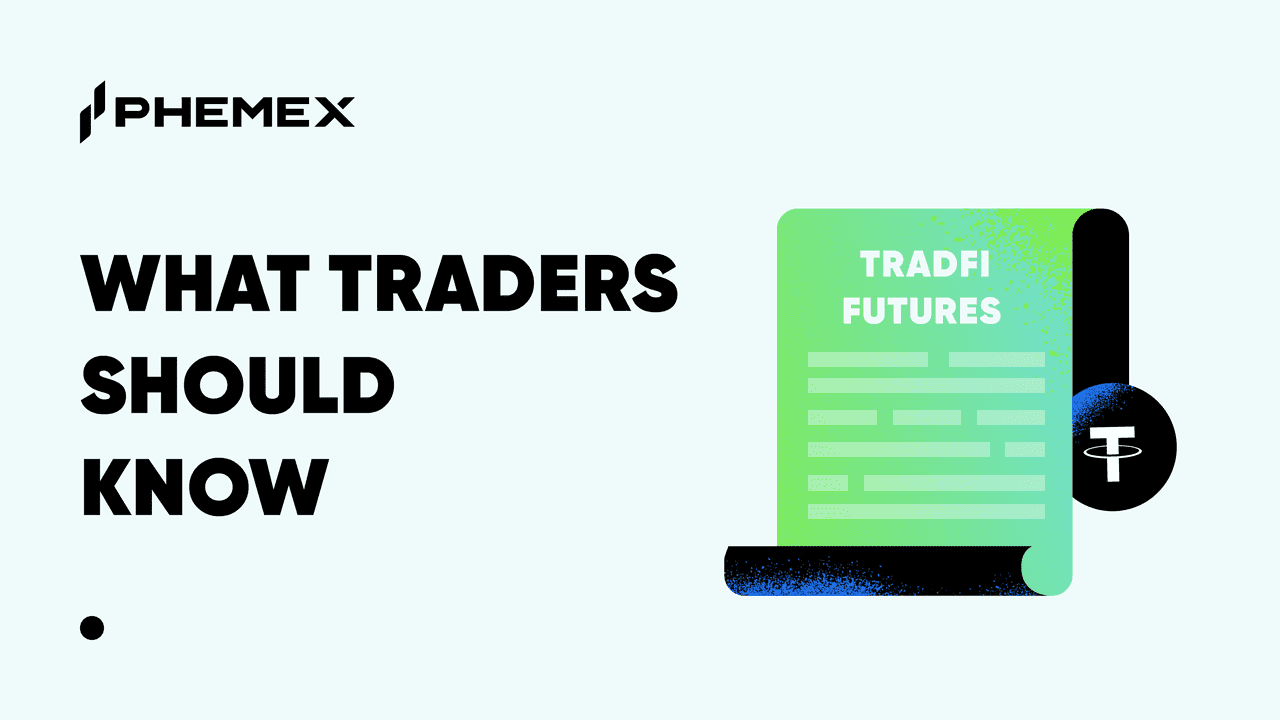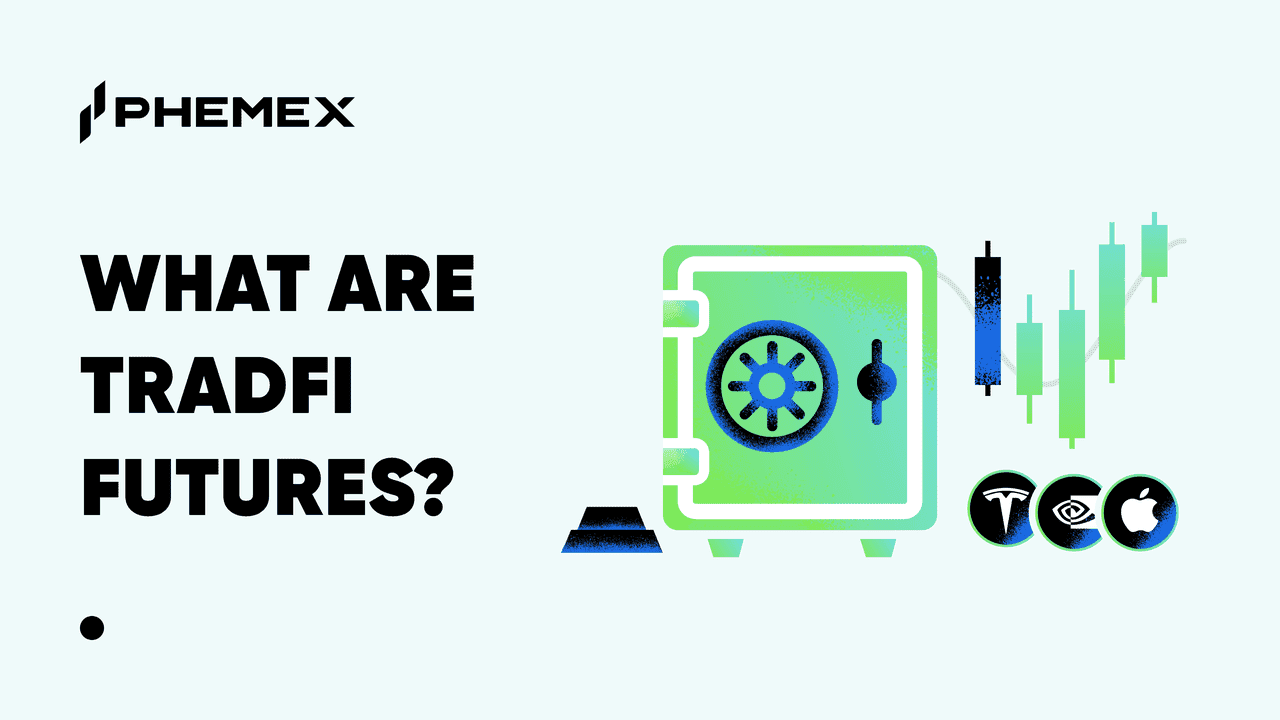What Is Social Trading?
In the digital age, social trading has emerged as a prominent method for online trading, enabling traders to forge connections and exchange vital trading information, strategies, and insights. The core objective of social trading is to elevate traders' performance and profitability by leveraging collective wisdom. It's a dynamic space where traders discuss asset trends, market conditions, and emulate the trading practices of their peers. This not only aids in knowledge sharing but also cultivates a sense of community and collaboration, which is particularly beneficial for both novice and veteran traders.
How Does Social Trading Work?
Social trading platforms are designed to allow users to observe and, in some instances, automatically replicate the trades of seasoned traders. This functionality serves as a learning tool for newcomers, accelerating their market acumen. Conversely, it provides experienced traders with a platform to disseminate their expertise and potentially profit from their influence. A crucial feature of these platforms is the real-time visibility of other traders’ activities, providing a practical learning experience through strategy emulation.
Discussion forums and chat rooms form the backbone of social trading platforms, offering spaces for queries, sharing experiences, and seeking advice. These platforms typically include analytical tools that evaluate and compare the performance metrics of various traders, such as profit-loss ratios and win-loss statistics. Traders leverage this data to identify and follow successful peers, tracking their own performance in tandem.
Moreover, social trading platforms cater to a broad spectrum of tradable assets, including stocks, currencies, commodities, and cryptocurrencies. This diversity offers traders a range of investment options, enabling them to construct diversified portfolios. Essentially, social trading represents a unique and innovative approach to trading, emphasizing community, knowledge sharing, and performance enhancement.
Strategy
Several strategies can be employed in social trading, each tailored to the investor's goals and risk tolerance:
Copy Trading
- Also known as mirror trading, this strategy involves duplicating the trades of other traders. It's a relatively low-risk approach, allowing traders to follow the footsteps of experienced peers based on their performance and risk profiles.
Social Following
- This strategy involves tracking other traders' trades and insights without directly copying their portfolios. It enables traders to make informed decisions based on the collective intelligence of the community.
Crowd Trading
- Instead of following a single trader, this approach aggregates the insights and trades of a group, offering a more diversified market perspective and potentially reducing risk.
Portfolio Mirroring
- This involves replicating an entire portfolio of a trader, rather than individual trades, ideal for those who wish to emulate the overall strategy or performance of a specific trader.
Hybrid Approach
- This strategy combines elements of copy trading, social following, and portfolio mirroring, resulting in a comprehensive and diversified trading approach.
Potential Advantages of Social Trading
Direct Communication
One of the primary draws of social trading platforms is the access to real-time, direct communication with seasoned traders globally. This interaction extends beyond mere strategy replication, offering a dynamic platform for real-time discussions and learning.
Learn through Practical Experience
By facilitating direct engagement with industry professionals, social trading platforms significantly reduce the time and resources typically required for theoretical learning. This hands-on approach enables users to learn by doing, applying theoretical concepts in real-time market scenarios.
Community of Focused Investors
The community aspect of social trading platforms fosters consistent interaction and idea exchange, offering traders access to market insights irrespective of their location. This ensures timely and efficient information dissemination, requiring only a stable internet connection for participation.
Disadvantages of Social Trading
However, it's important to be aware of certain drawbacks:
Complacency Risk: New traders might become overconfident or passive, relying heavily on the expertise of others. This can lead to a lack of personal trading skill development and underestimation of risks.
High-Risk Strategies: Strategies like scalping, though lucrative, come with significant risks. Traders copying such strategies must be wary of the discrepancies in risk tolerance and capital between them and the traders they emulate.
No Guarantee of Future Success: Past success does not guarantee future performance. The rapidly changing economic landscape poses a challenge for traders to adapt swiftly, which can impact the effectiveness of replicated strategies.
What Should You Know If Considering Social Trading?
Social trading isn't universally suitable. While it democratizes access to financial markets, it can also oversimplify complex market dynamics. One critical misconception among social traders is overlooking the inherent risks of trading; even seasoned traders face financial setbacks.
Trading in financial markets demands knowledge and patience. Social trading, although it offers shortcuts, can compromise experiential learning. It's crucial to have a comprehensive understanding of your actions and to be equipped with a robust risk management strategy.
Adopting another person's trading strategy requires customization to align with your personal goals and risk tolerance. While the strategies of others can guide your trades, it's important to remember that each investor's approach is tailored to their individual risk profile and financial capacity. Blindly imitating others' strategies without considering these factors can be unwise.
Social Trading vs. Copy Trading
In the evolving world of online trading, social trading and copy trading have emerged as prominent strategies, particularly for newcomers to the market. While often used interchangeably, these two approaches have distinct differences and applications. Understanding these distinctions is crucial for traders at all levels, ensuring that they align their strategy with their experience and goals.
Fundamental Differences Between Social and Copy Trading
Social trading and copy trading, though related, cater to different aspects of trading dynamics.
Social Trading: As a broader term, social trading encompasses the sharing and discussion of trading strategies, insights, and ideas within a community of traders. It's a collaborative environment where traders can observe the actions and decisions of others, learn from them, and potentially incorporate this knowledge into their trading decisions. However, the key aspect of social trading is the autonomy it provides; traders retain control over their trades and make decisions based on the insights gained from the community.
Copy Trading: On the other hand, copy trading is a subset of social trading with a more specific and automated approach. In copy trading, a trader's account is linked to that of another trader, often a more experienced one. The trades made by the copied trader are automatically replicated in the copier's account. This means that the copier benefits from the profits but also bears the losses of the trades made by the trader they are copying. It's a hands-off approach where the copier entrusts their trading decisions to the copied trader.
The Impact of Definitions on Trading Decisions
Understanding the nuances between social and copy trading is not just about semantics; it has practical implications for trading strategies and outcomes. A newcomer to the trading world might be misled by the overlapping use of these terms and inadvertently engage in a strategy that does not align with their understanding or comfort level.
For example, a trader might enter into copy trading under the assumption that they are merely accessing information and insights from another trader (as in social trading), only to find that their portfolio is now directly tied to the decisions of another. This can lead to unexpected losses if the copied trader does not perform well. The automated nature of copy trading, especially on platforms where the process is completely hands-off, can catch unprepared traders off guard.
Choosing Between Social and Copy Trading
When deciding between social and copy trading, traders should consider their own experience level, risk tolerance, and the amount of time they can dedicate to trading.
- Social Trading: This is ideal for those who wish to learn and grow as traders. It offers the benefit of community wisdom while maintaining personal control over trading decisions. Traders can gradually build their understanding and confidence, making it a suitable choice for those who prefer a more hands-on and educational approach.
- Copy Trading: This strategy suits traders who prefer a more passive approach or who may not have the time to engage deeply in market analysis. It's an opportunity to leverage the expertise of experienced traders. However, it requires careful selection of the trader to copy, understanding their strategy, risk profile, and historical performance.
PhemexPulse
Launched in early 2024, Phemex, a top crypto exchange, introduced PhemexPulse. This platform enables users to join groups led by leading crypto influencers, encouraging interaction among traders and offering exclusive trading insights. To boost user engagement, Phemex is distributing 50 million Phemex Tokens as weekly rewards to the most active groups. With PhemexPulse, participants can earn rewards without trading, making it an engaging way to stay informed on cryptocurrency investments in 2024.
Read More
- What is Social Trading: Copying the Secrets of Successful Traders
- What is Copy Trading: Replicate any Trading Portfolio
- What is P2P Crypto Trading & How Does it Work?
- The World’s Most Famous Traders
- How To Trade Crypto: The Ultimate Investing Guide
- Crypto Trading vs. Investing: Key Differences Explained
- What is Bot Trading in Crypto & How does it Work?
- TradingView: What Is It and How to Use It to Trade with Phemex






